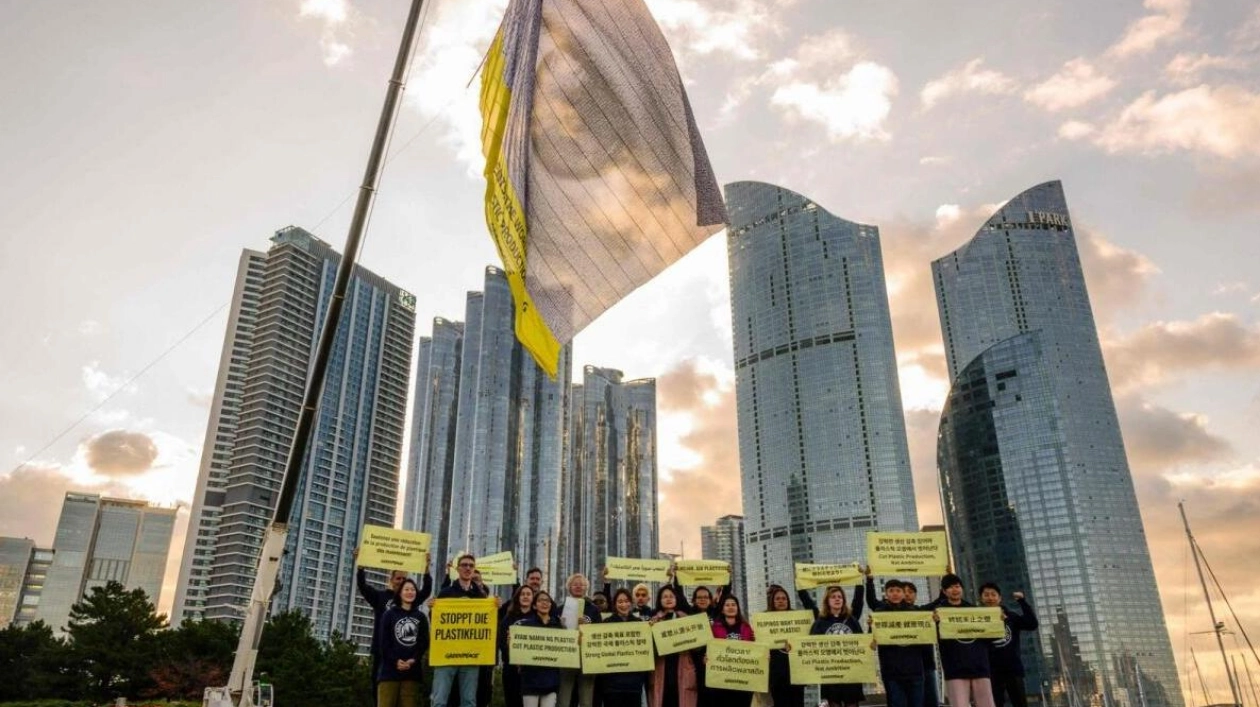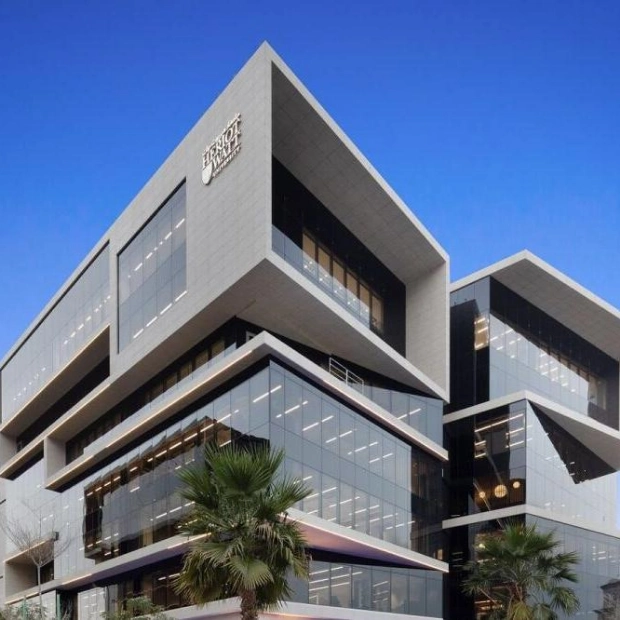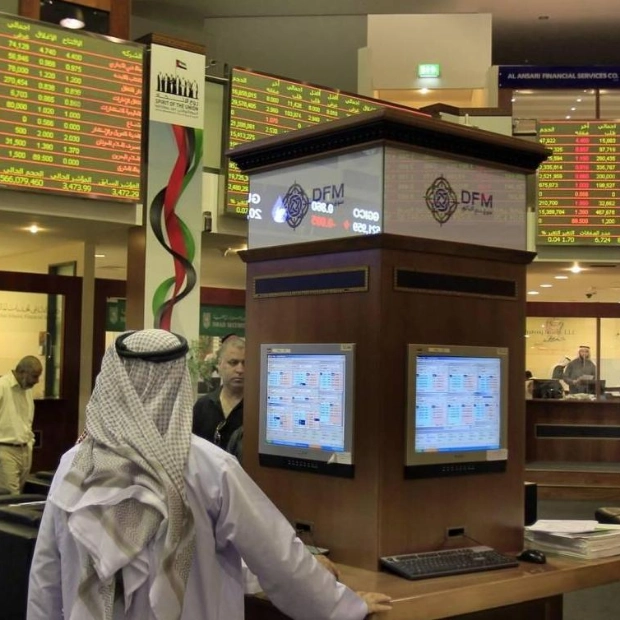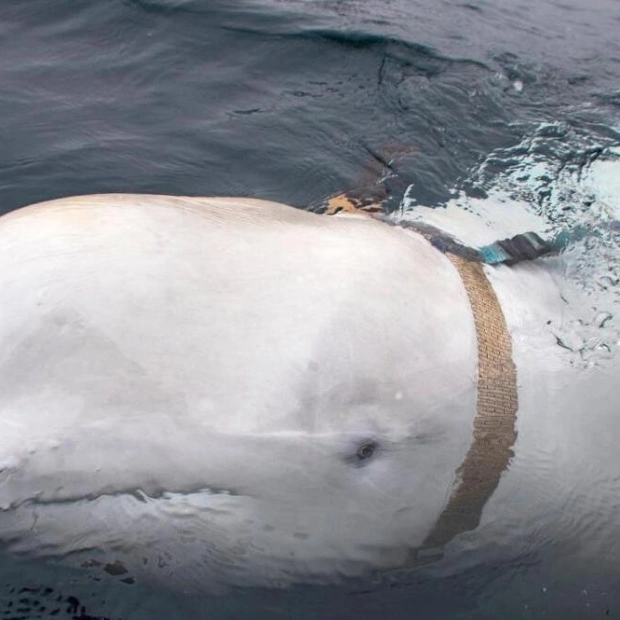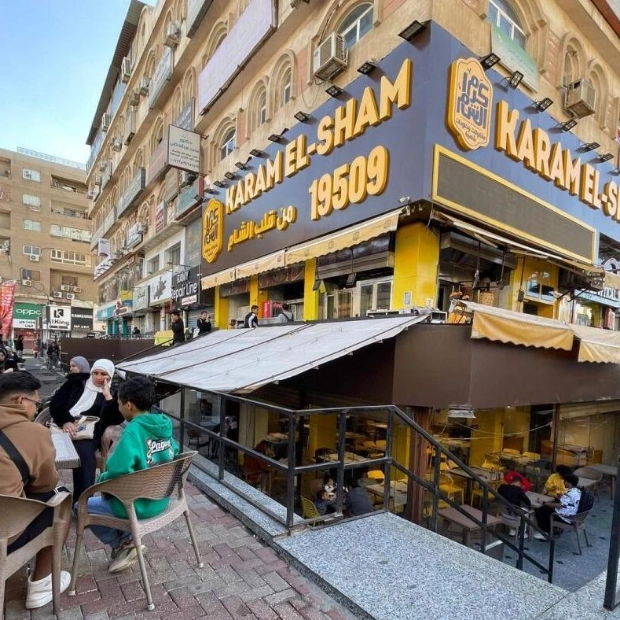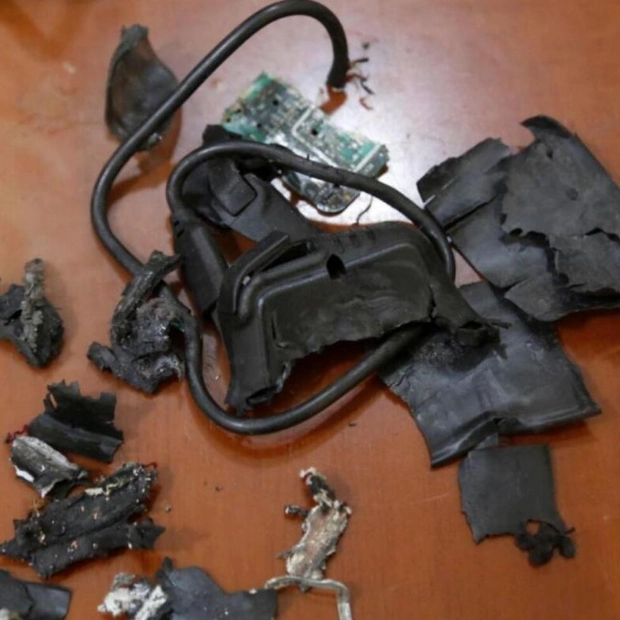A flag featuring an eye and the words “Governments, the world is watching, cut plastic production now” was hoisted above Greenpeace activists holding placards in Busan on November 25, 2024. — AFP
The diplomat chairing the negotiations on a landmark treaty to curb plastic pollution urged negotiators to move 'significantly' faster on Wednesday, as countries expressed frustration over the slow progress. Nearly 200 nations are in Busan to finalize a deal by Sunday aimed at tackling the millions of tonnes of plastic waste that pollute the environment annually. The delegates arrived in South Korea after two years of talks that highlighted deep divisions.
Addressing the negotiators, Ecuadorian diplomat Luis Vayas Valdivieso cautioned that the pace of work was insufficient. 'I must be honest with you, progress has been too slow. We need to speed up our work significantly,' he said on the third day of negotiations. 'We must accelerate our efforts.' His plea was met with a series of frustrated remarks from countries including Fiji, Panama, Norway, and Colombia.
Juan Carlos Monterrey Gomez, Panama's special representative for climate change, warned, 'While we sit here debating over semantics and procedures, the crisis worsens.' He highlighted the alarming discovery of microplastics in the placentas of healthy women, stating, 'We are literally raising a generation that starts its life polluted, before taking its first breath.' Gomez accused negotiators of 'tiptoeing around the truth, sidestepping ambition and ignoring the urgency that demands action,' drawing loud applause.
Other representatives accused some participants of not engaging in good faith and deliberately prolonging the talks. Although they did not name specific countries, diplomats speaking anonymously have repeatedly pointed to Russia, Saudi Arabia, and Iran as obstructing progress and showing little willingness to compromise. All three countries responded defensively, with Iran's Massoud Rezvanian Rahaghi asserting, 'We are sincere, we are honest and we are ready to cooperate. But we do not want to be blamed for blocking negotiations through dirty tactics.'
Russian representative Dmitry Kornilov denounced the 'unacceptable' accusations and advised delegates to focus on less contentious parts of the draft. 'If we are serious about this, then we must concentrate on provisions that are acceptable to all delegations,' he said. The primary disagreement in the talks revolves around whether the treaty should address the entire lifecycle of plastic, including potential limits on production, chemical precursors, and unnecessary single-use items.
The UN decision initiating the negotiating process explicitly mentions both the full lifecycle of plastic and sustainable consumption. However, countries like Russia, Saudi Arabia, and Iran have consistently opposed calls to limit supply. Saudi Arabia has cautioned that supply restrictions could lead to 'economic disruptions,' while Iran has called for the removal of an article on supply from the treaty text. Other issues include financial support for developing countries and the decision-making process for adopting the deal.
UNEP chief Inger Andersen acknowledged the 'palpable frustration' expressed by many countries, urging, 'It's very simple. We have to deliver this treaty by Sunday.' While the session exposed deep divisions, it also showed a growing consensus among a 'majority,' according to Eirik Lindebjerg, WWF global plastic policy manager. 'The political reality is that the majority is just strengthening and uniting,' he said. 'But the practical reality in the room is that they're just moving in circles because a handful of countries are not allowing progress.'
The UN typically requires consensus for environmental agreements, but there are concerns that unanimous agreement may be unattainable. A European diplomat, speaking anonymously, noted that deep divisions might necessitate 'bold moves' in the final days of talks. The question remains whether such moves will come 'too late,' given the limited time left.
Source link: https://www.khaleejtimes.com
